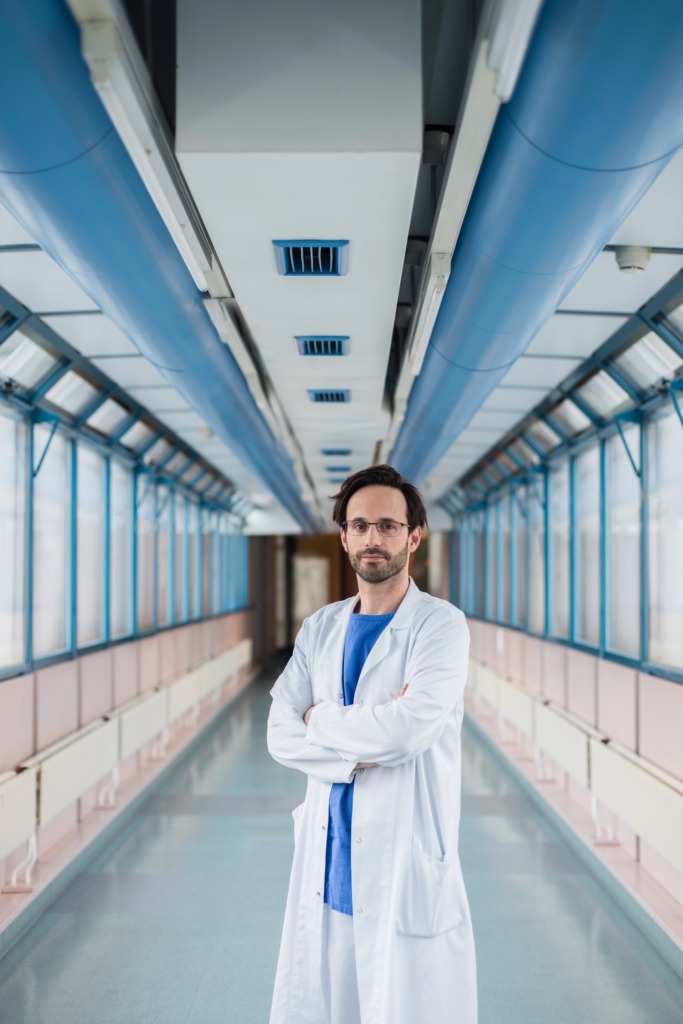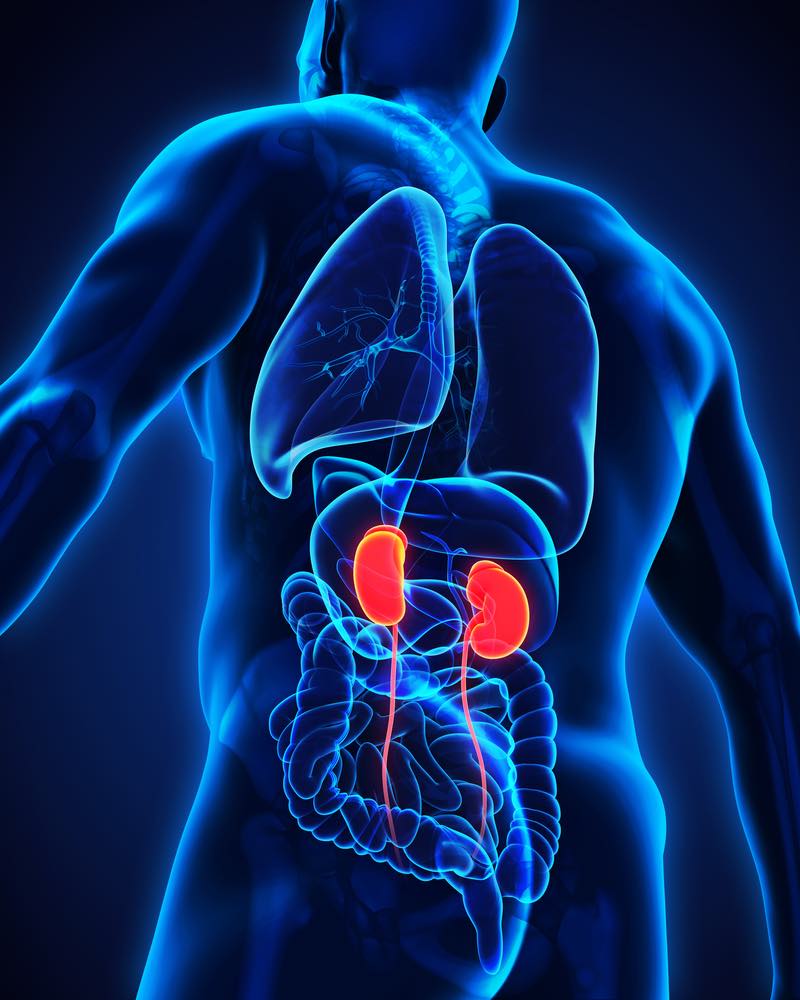Newsletter Signup - Under Article / In Page
"*" indicates required fields
By Dr Gregor Bond
More than 15,000 Europeans undergo kidney transplants on average each year, and while medical advances have helped many recipients enjoy healthy lives, the risks of organ rejection and infection remain huge challenges.

With each transplant, success depends on using carefully balanced doses of immuno-suppressive drugs to reduce the risk of infection and graft rejection. Decades of clinical trials, and medical practitioners’ keen instincts, tell us that there is an average level of drug dosing required to support the patient’s care and comfort.
However, this ‘golden middle’ of dosing is not an exact science.
This is partly because health providers currently lack a way to measure the body’s immune system to determine if the organ recipient needs more or fewer immuno-suppressants.
Tracking Torque Teno virus to minimize transplant rejection
That could change, thanks to research being carried out by leading kidney transplant specialists at 13 university transplant centers in Austria, Czechia, France, Germany, the Netherlands and Spain. Since last August, they have been conducting clinical studies into the use of the common but little-known Torque Teno virus (TTV) as a tool to minimize rejection or infection.
The word ‘virus’ typically has negative associations, as we know from the tragic struggle with the coronavirus. But the human body produces armies of ‘good’ bacteria that defend against the ‘bad’ ones. As for Torque Teno virus, previous studies have established that it exists in nearly all humans but is apathogenic – in other words, harmless.
Individualised drug doses
Researchers involved in the kidney transplant study, of which I am a participant, believe that by tracking Torque Teno virus levels in the blood, healthcare providers will finally have a tool at their disposal to monitor a transplant recipient’s immune system response. Having a clearer picture of what is happening would enable individualized immuno-suppressive drug doses to significantly improve post-transplant care.
Transplant recipients depend on these drugs not only to control the immune system’s urge to reject a foreign organ, but also ward off infection. Therefore, finding an effective and relatively unintrusive way to monitor the immune system and guide drug dosing on an individualized basis would be a major step in helping to reduce both rejection and infections.
That is where TTV comes into play. Research shows that a strong immune system can fend off TTV and reduce its concentration in the blood. By contrast, if an individual’s immune system is weak or suppressed by drugs, the virus is more prevalent in the blood. The ongoing trials aim to show that low concentrations of TTV signal a risk for organ rejection, while a high TTV load in the blood indicates a risk for infection.
If the clinical trials prove that using TTV as an ‘immuno-meter’ is safe and effective, this would be a big development that could help physicians optimize patient care. During the trials, specially developed PCR tests are being used to monitor TTV levels in participants’ blood. These tests are safe and relatively affordable, and very similar to those used to check respiratory specimens for evidence of the coronavirus.
With support from the EU’s Horizon research and innovation fund, our team of researchers is working with 260 kidney transplant recipients at the participating clinics and hospitals. The first group of 130 are being treated using conventional methods, while the second is undergoing TTV-guided dosing. There are no new surgical interventions being used, and the drugs are well-established, so the trials pose little risk to participants. Nonetheless, safety is the top priority. There are strict safety protocols for drug dosing and an independent safety monitoring board carries out regular reviews.
New tools needed
The TTV team is not alone in searching for new ways to improve transplantation and long-term care. Other respected researchers have also sought to fine-tune immuno-suppressive drug doses as well as reduce or eliminate the need for such drugs. Yet it could be years before some of the most promising efforts are ready for clinical practice. Until then, new tools are needed to enhance care for existing and future transplant recipients.
The TTV trials are in their early stages and may eventually need to be repeated beyond the EU to gather more diverse data. But we are confident the novel approach of using a ‘good’ virus as an immuno-meter could have positive outcomes for organ transplant recipients.
Other medical fields where monitoring and controlling the immune system are critical to successful care, including oncology and rheumatology, could also benefit.
Even if the goals are not reached, the trial data and regular interactions between leading experts can provide a springboard for other ground-breaking medical developments. This is what is so exciting about the opportunities that the EU’s Horizon program creates, and why pan-European research cooperation and support are so vital to the future of healthcare in the EU – and the entire world.
Dr Gregor Bond is an associate professor at the Medical University of Vienna’s Department of Nephrology and Dialysis and a consulting physician in nephrology and intensive care medicine at Vienna’s University Hospital.
Partnering 2030: The Biotech Perspective 2023







